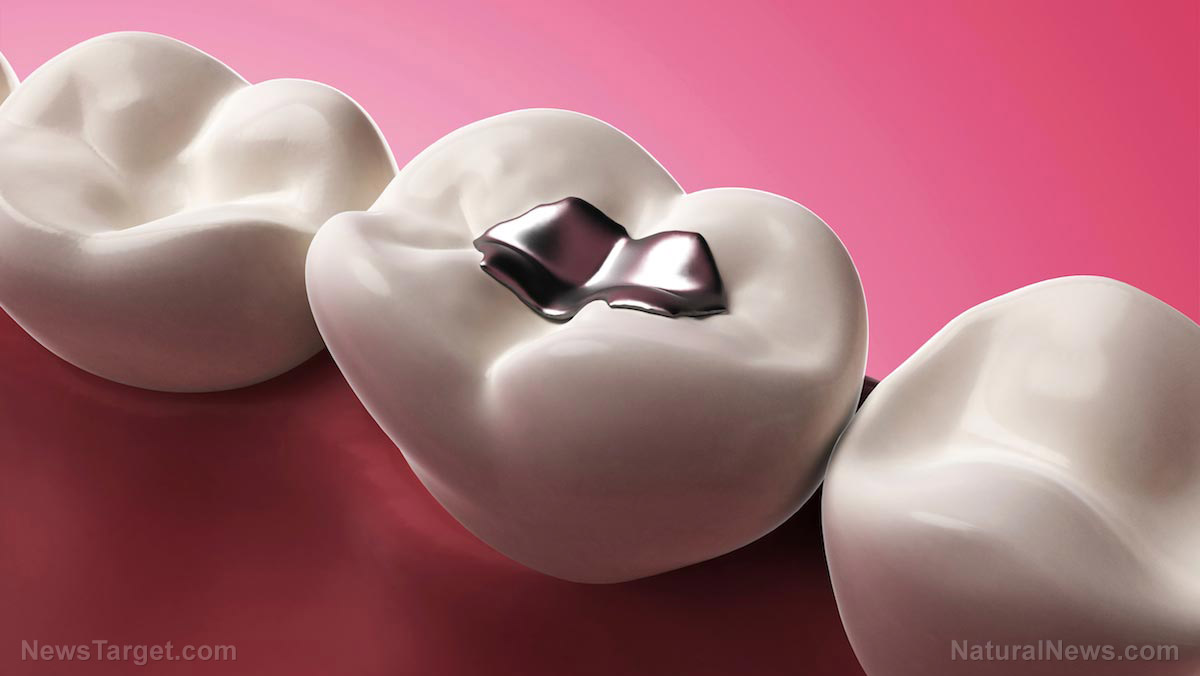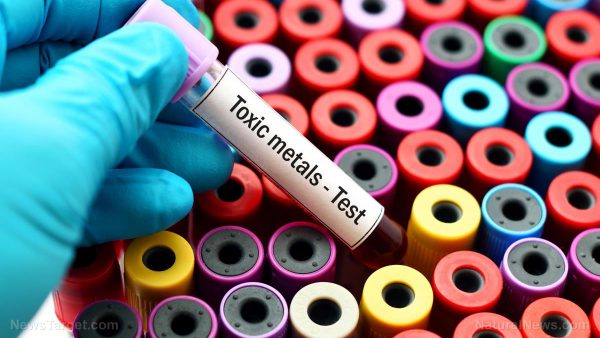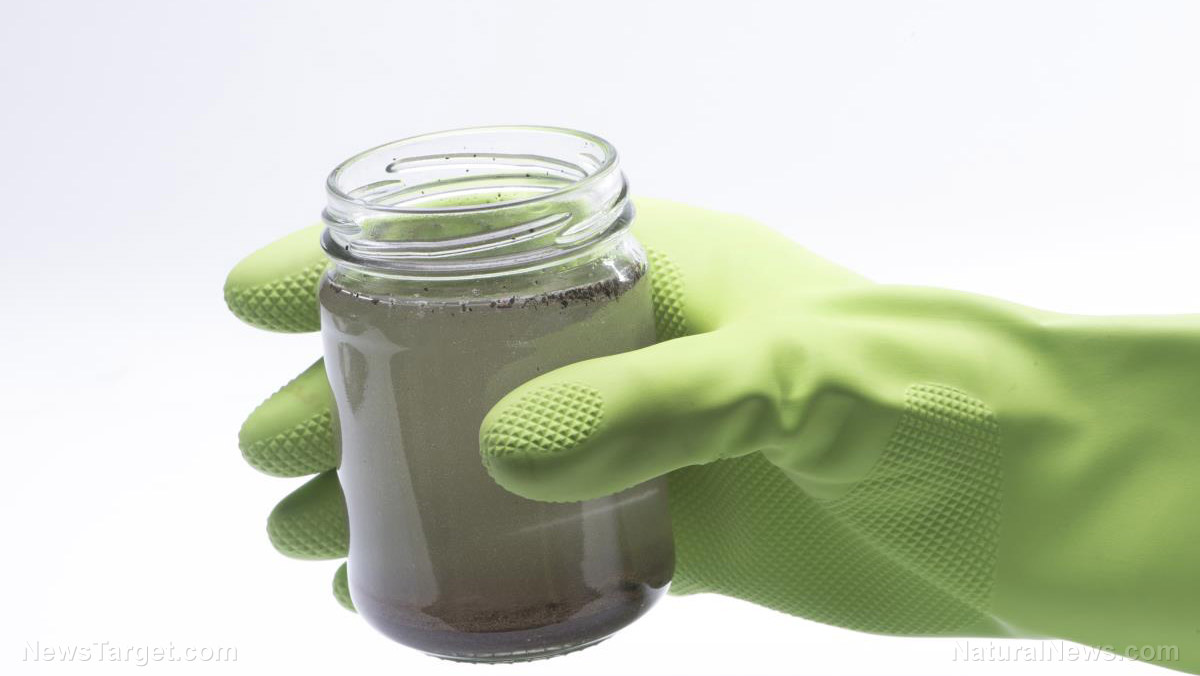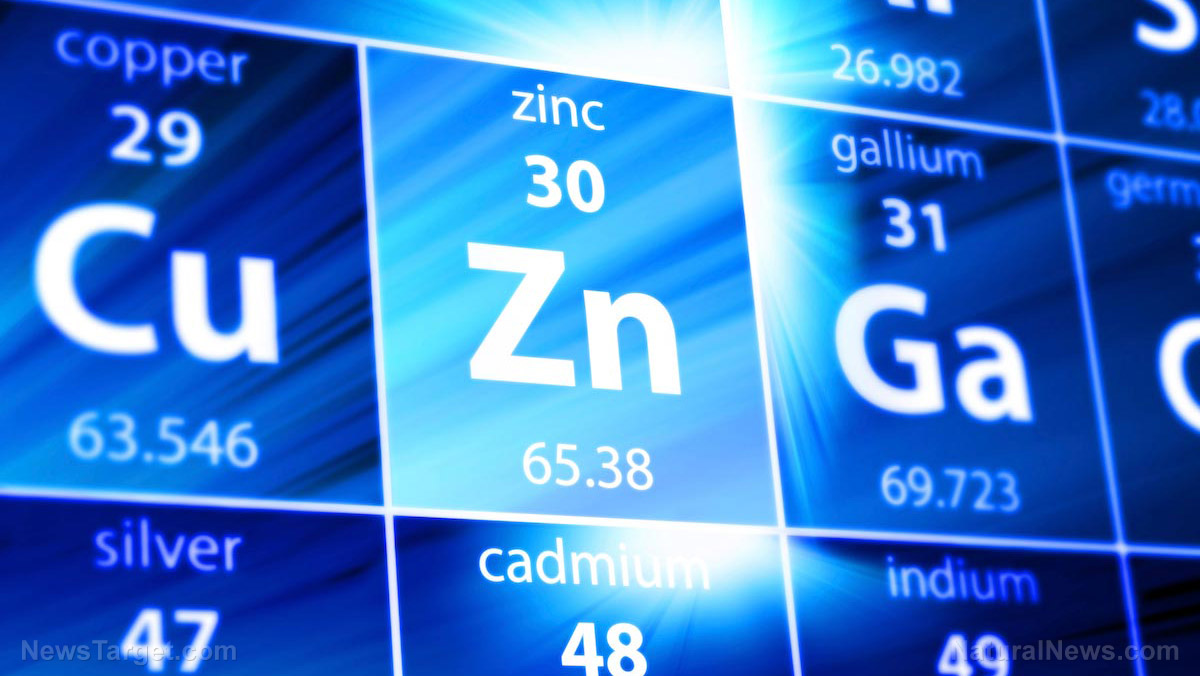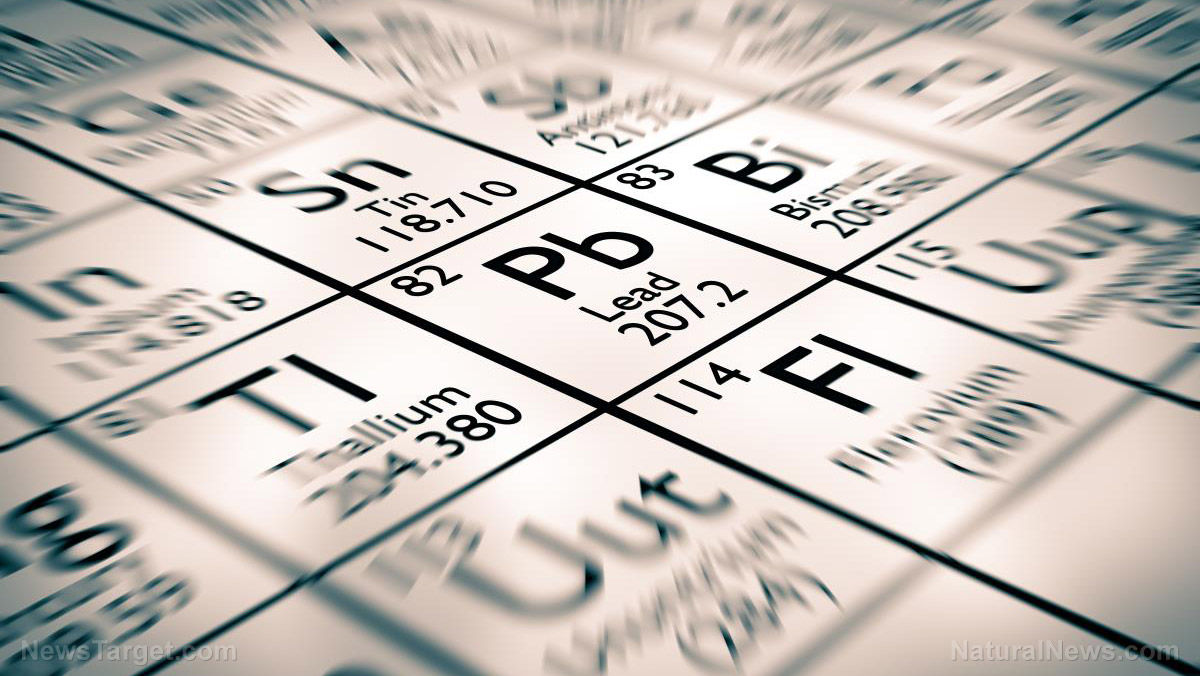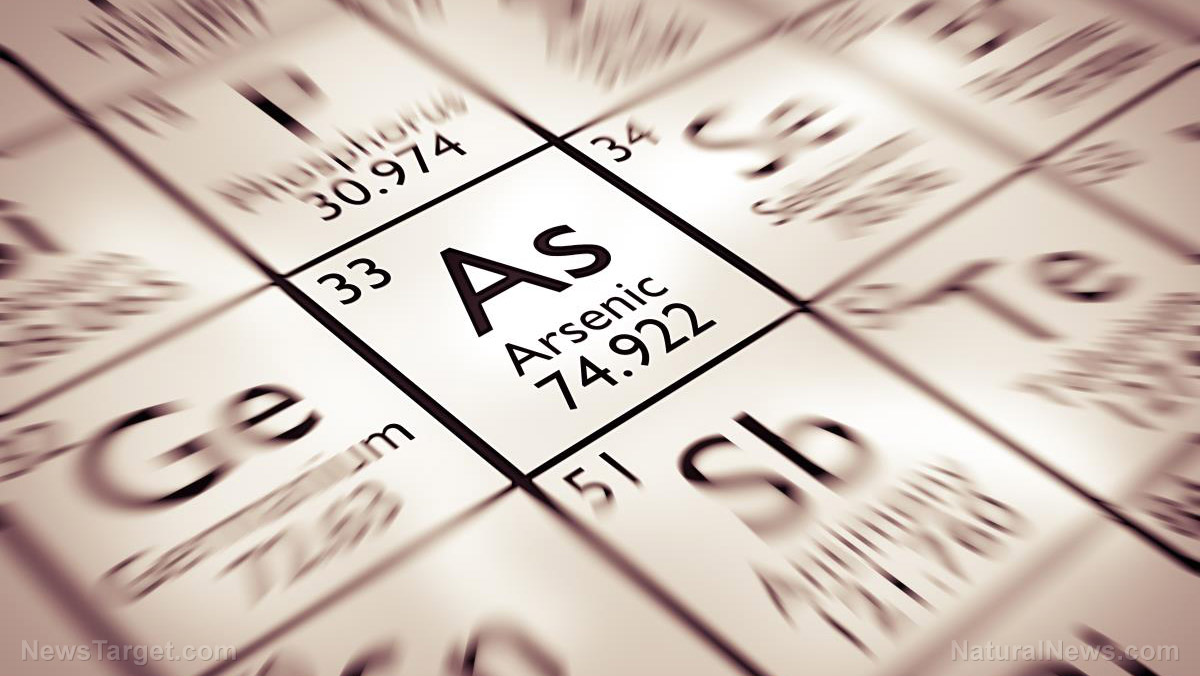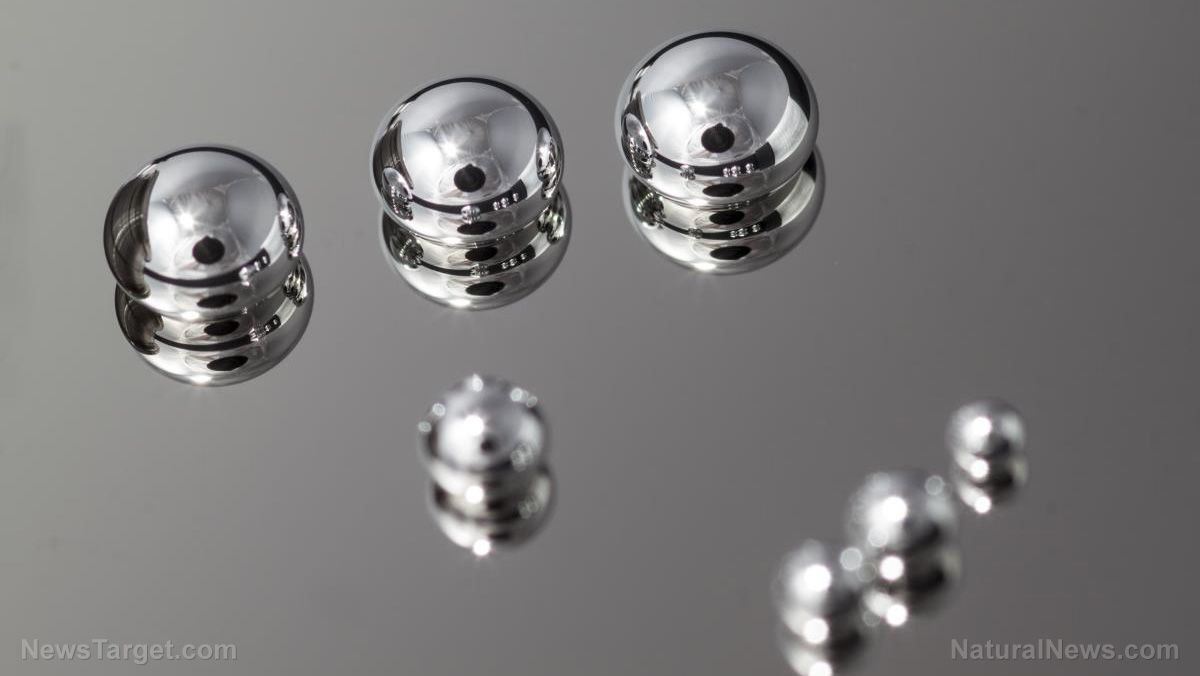A dangerous compound is lurking in chewing gum
02/26/2017 / By Amy Goodrich

More than 2,500 laboratory-made substances are deliberately added to common, processed foods to improve their flavor, color, shelf life, texture, or cost. Additionally, another 12,000 chemicals coming from food-packaging materials, processing aids, pesticide residues, and drugs given to animals unintentionally end up in our food supply.
With the growing popularity of factory-made foods, chemical additives have become a significant part of our daily diet. While some additives are harmless, others cause harm to the body. Titanium dioxide is one of those damaging additives you cannot easily escape. It is used in a variety of everyday products as a whitener or texturizer. The additive, which is also referred to as E171, can be found in candy, chocolate, and chewing gum, as well as in sunscreen, toothpaste, and paint.
According to a new study published in the journal NanoImpact, chronic exposure to titanium dioxide nanoparticles significantly decreased the ability of the small intestine to absorb essential nutrients and act as a protective barrier against pathogens.
Do you have chronic tummy aches? Titanium dioxide may be the cause.
While generally considered safe by the U.S. Food and Drug Administration (FDA), researchers from the Binghamton University in New York found that chronic exposure to a meal’s worth of titanium oxide nanoparticles can reduce the number of microvilli on intestinal cells.
Microvilli are responsible for nutrient absorption, hence why some nutrients such as iron, zinc, and fatty acids were harder to absorb when the cells were exposed to titanium oxide. Fewer microvilli on the intestinal cells also weakened the natural barrier to keep harmful pathogens out. Furthermore, the team found that metabolism slowed down, enzyme functions were negatively affected, and inflammation increased.
“Titanium oxide is a common food additive, and people have been eating a lot of it for a long time — don’t worry, it won’t kill you! — but we were interested in some of the subtle effects, and we think people should know about them,” said Biomedical Engineering Assistant Professor Gretchen Mahler, one of the authors of the paper, in a news release.
Previous research, conducted in France and Luxembourg, also found that ingestion of titanium dioxide caused precancerous tumor growths in 40 percent of the test rats that were given titanium dioxide spiked drinking water, the Independent reported.
Say NO to processed foods
In 2015, Dunkin Donuts phased out sugar with titanium dioxide nanoparticles as a result of continuous pressure from the advocacy group As You Sow. Nonetheless, chances that titanium dioxide is still entering your body on a regular basis through toothpaste or processed foods are very high.
While we often believe food manufacturers have the best intentions at heart when they develop a new kind of food or product, the truth is your health isn’t very high on their priority list. In fact, many large food manufacturers are more concerned about the flavor, shelf life, and the amount of money a particular product will make, than about your overall health.
And if you thought the government and the FDA would not allow dangerous toxins to flood the market, then think again. Most foods end up on the market with very little safety testing. While you think they have your back on this, you can never actually be sure what all is in packaged foods.
If you want to avoid this damaging chemical, Professor Gretchen Mahler said that you should avoid processed foods, especially candy, since that is where you see a lot of titanium nanoparticles. Also, carefully read the food label on the back of the package and opt for organic, chemical-free dental care products to protect your family’s health.
Sources:
Tagged Under: additives, chemicals, chewing gum, digestive health, food additive, titanium oxide, toothpaste, toxic food


